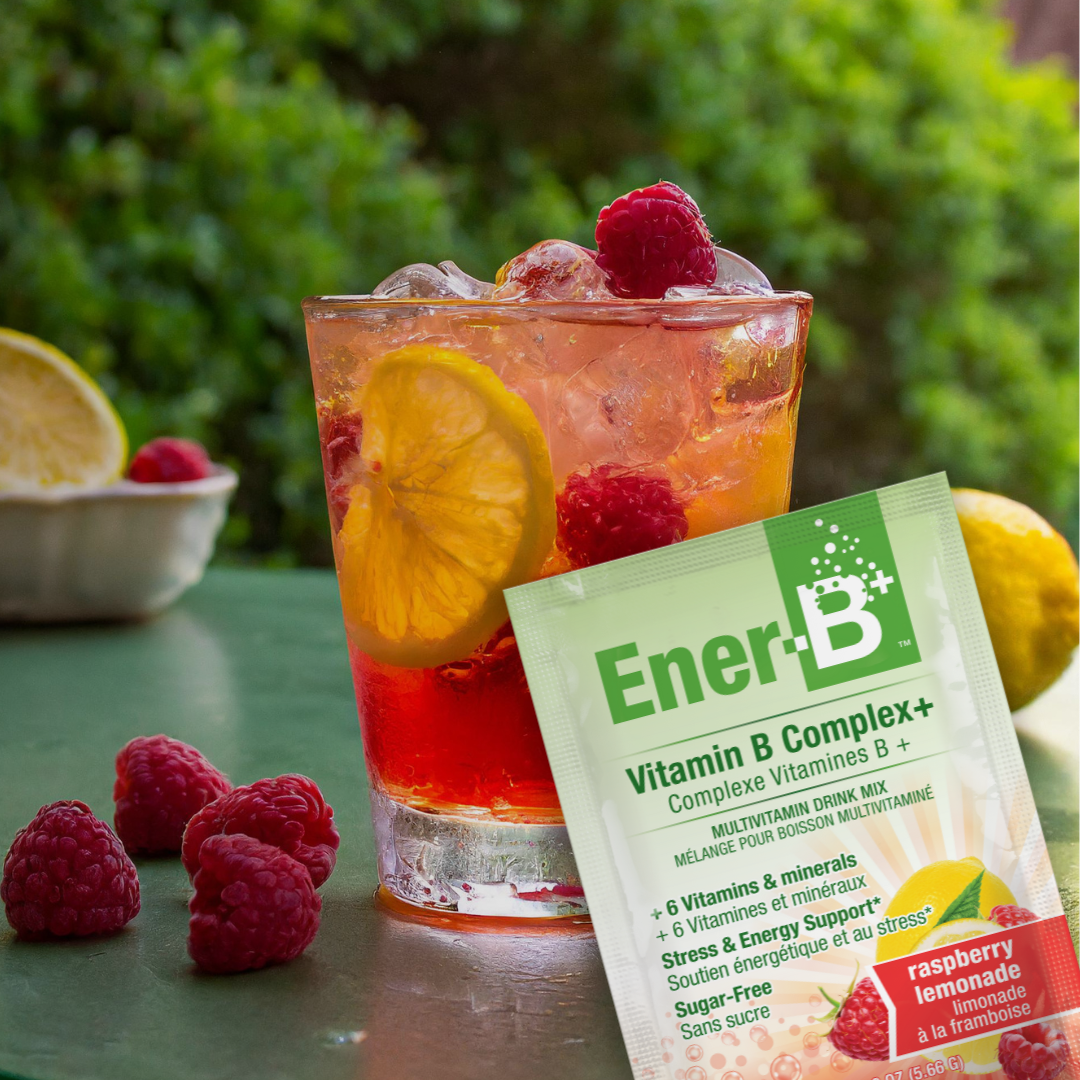
Whether you're clocking miles for a marathon or gearing up for a 10K, recovery is as crucial as your training plan. Proper recovery not only helps prevent injuries but also ensures you're always ready to hit the ground running. Here are our top-10 recovery tips tailored for runners, with an emphasis on practical and effective strategies, starting with the cornerstone of recovery: hydration.
1. Hydration with Ener-IV+ Electrolyte Drink Mix
Hydration is fundamental for recovery. As you run, your body loses essential minerals through sweat. Replenishing these lost minerals is crucial to restore balance and aid muscle recovery. Ener-IV+ Electrolyte Drink Mix is designed to replace these minerals efficiently and help maintain the electrolyte balance necessary for optimal recovery. Mix it with water post-run to ensure you're not only rehydrated but also re-mineralized.

2. Refuel with a Protein-Carbohydrate Combo
After a draining run, refueling is critical. Consuming a balanced snack or shake that includes both proteins and carbohydrates helps repair muscles and replenish energy stores. For instance, blending a scoop of your favorite protein with some fruit can provide both immediate and lasting benefits.
3. Proper Cool Down and Stretching
Cooling down with light jogging or walking followed by stretching helps in gradually lowering your heart rate and can reduce muscle stiffness. This aids in quicker recovery and prepares your muscles for the next day’s training.
4. Massage or Foam Roll to Alleviate Soreness
Using a foam roller or receiving a gentle massage can release muscle tightness and improve blood circulation, speeding up recovery by facilitating the removal of waste products from the muscles.
5. Incorporate Active Rest Days
Active recovery, such as light swimming or cycling, helps maintain general fitness and alleviates muscle soreness without overexerting your running muscles, giving them a chance to recover.
6. Cold Therapies
Cold therapy, such as ice baths or cold compresses, helps reduce inflammation and muscle soreness after intense sessions. The cold helps constrict blood vessels and decrease metabolic activity, which can significantly speed up the muscle recovery process.
7. Use Heat to Soothe Sore Muscles
Applying heat, through warm baths or heating pads, can soothe and relax sore muscles post-run. The heat increases blood flow, which aids in muscle recovery by delivering nutrients and clearing out waste.
8. Ensure Quality Sleep
Sleep is perhaps the most crucial element of recovery. Aim for 7-9 hours of quality sleep each night to facilitate bodily repair and recovery, which are most effective during deep sleep cycles.
9. Listen to Your Body and Adjust Accordingly
It’s important to tune in to your body's signals. If you’re feeling unusually tired or sore, consider taking an extra rest day or modifying your training plan to accommodate more recovery time.
10. Mental Downtime
Finally, mental recovery is as important as physical recovery. Engaging in activities that you find relaxing, such as reading or meditative practices, can help reduce stress and improve overall well-being, making your training sessions more effective.
Conclusion:
By integrating these recovery techniques into your routine, you'll not only enhance your performance but also enjoy a more balanced and injury-free running journey. Remember, recovery is not just about a single action but a comprehensive approach that includes hydration, nutrition, rest and proactive recovery strategies.

